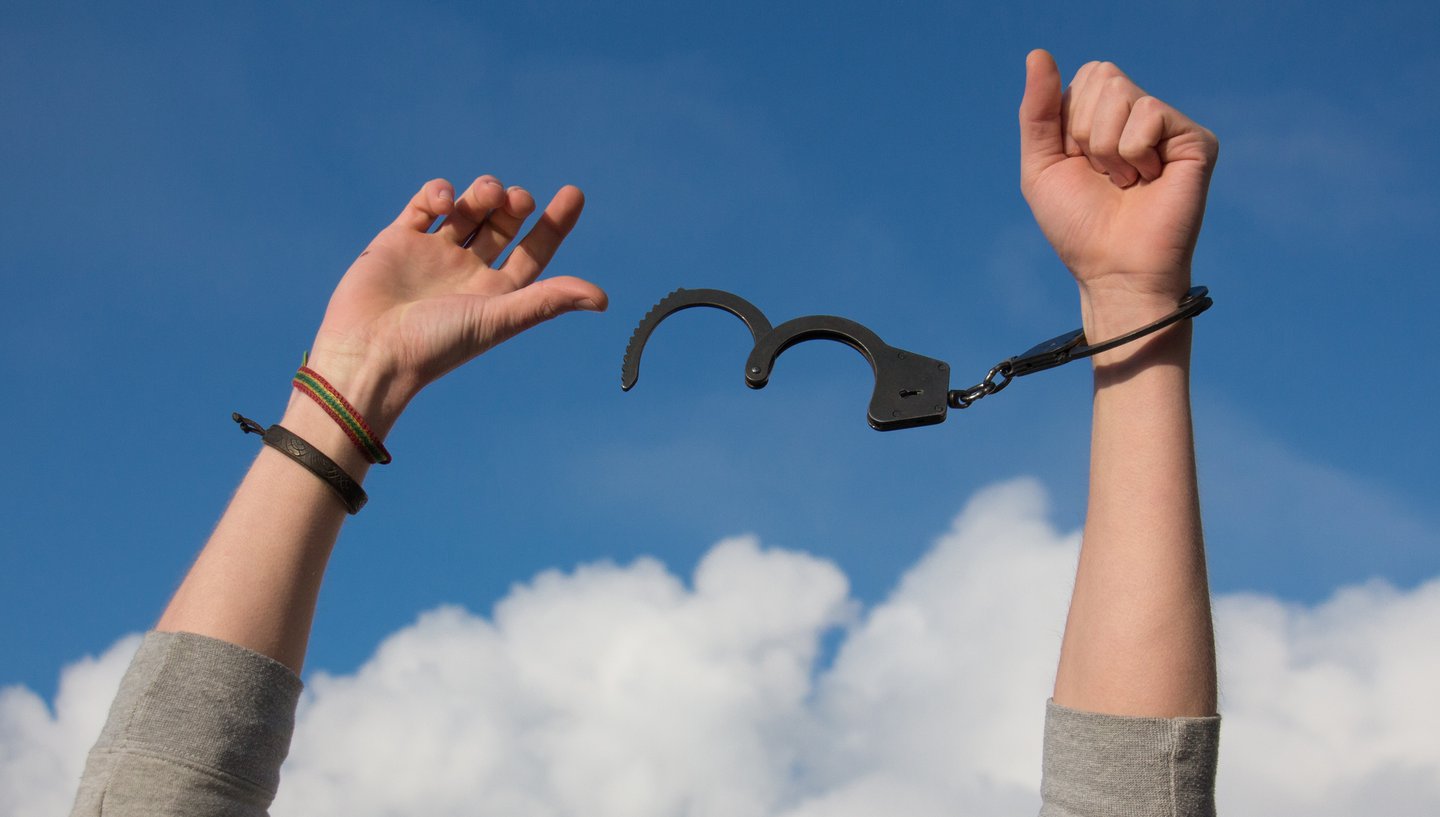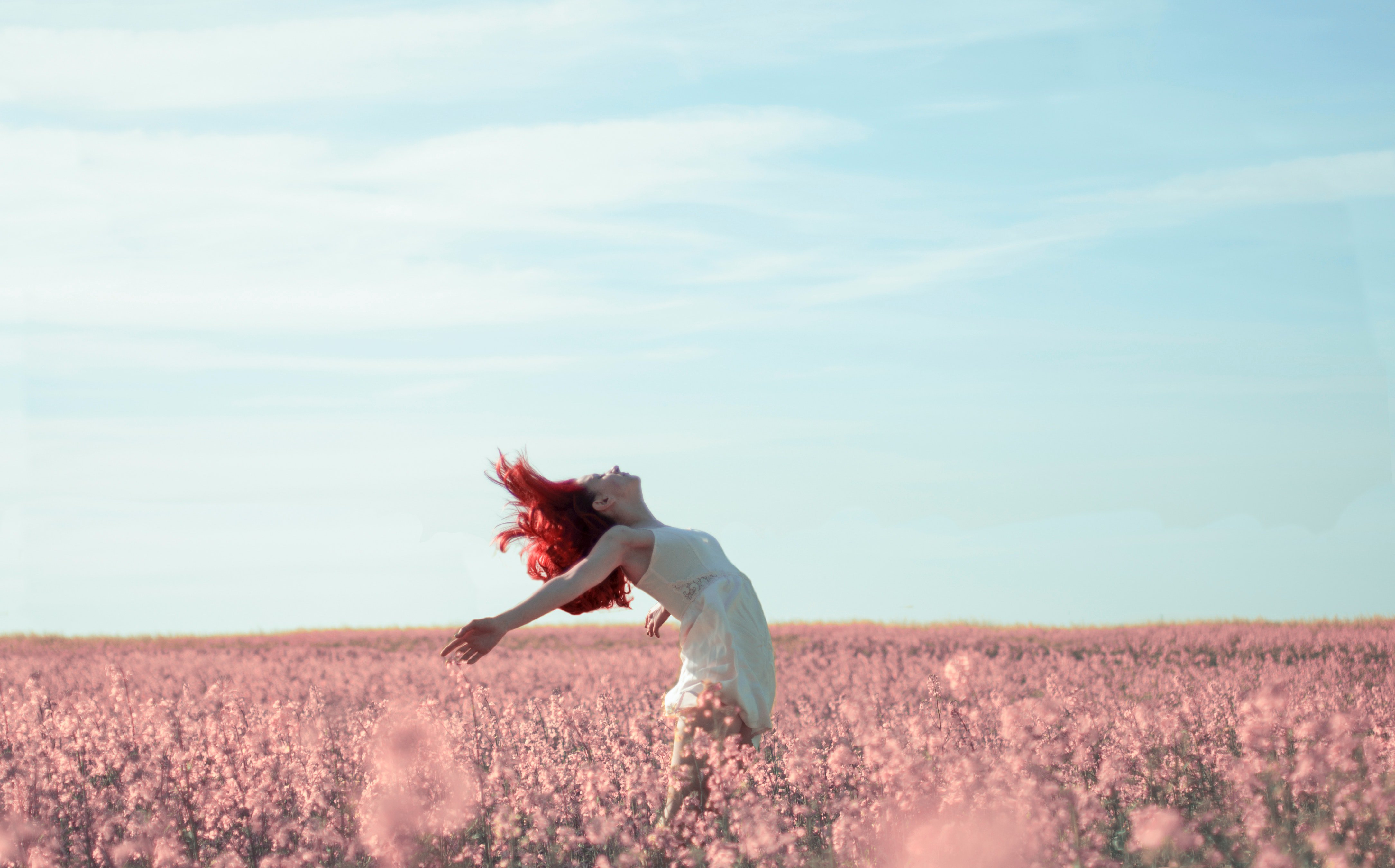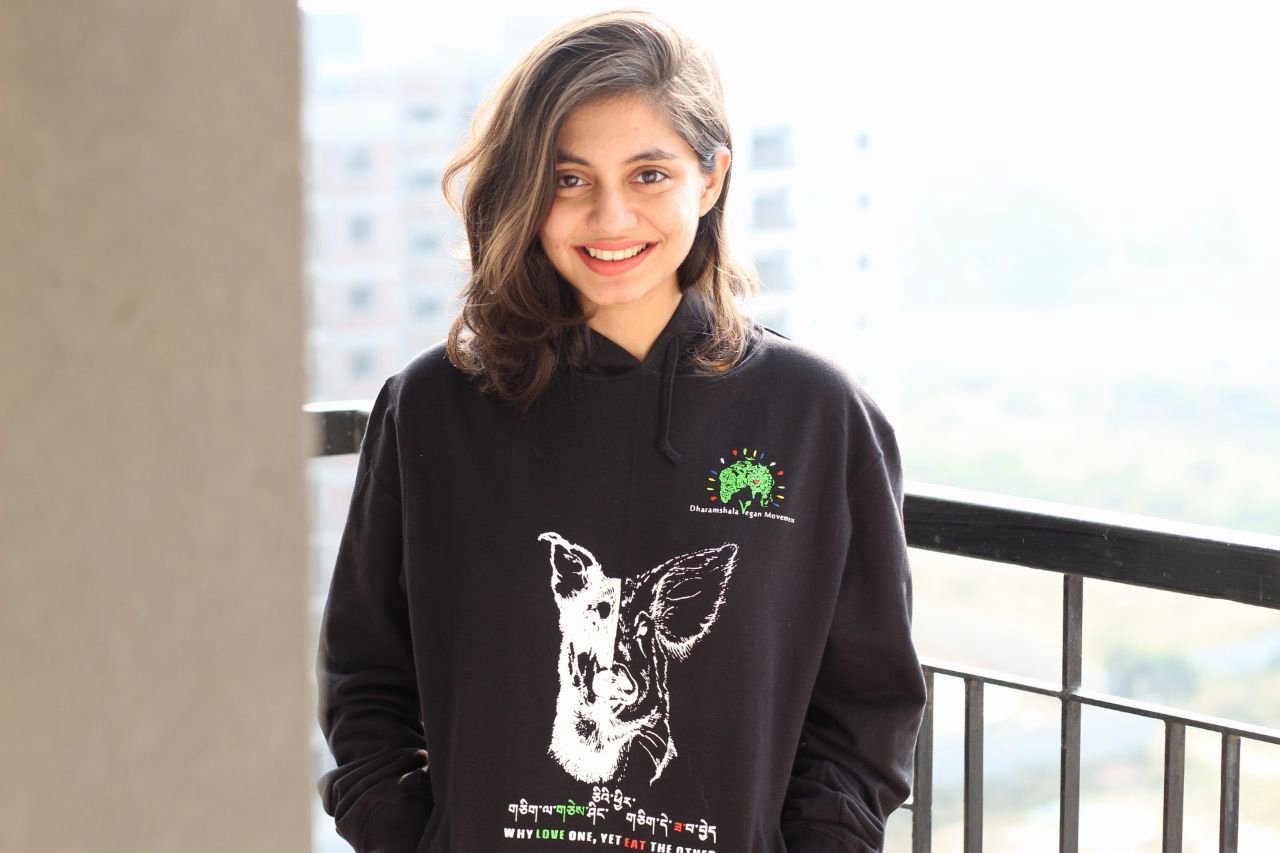Understanding Freedom And Independence As A Privileged Brown Girl Living In India
5 minuteRead

In 2011, I’d barely stepped a foot out of my aunt’s home in Gurgaon when she called after me from across the hall to inform me that she’d escort me to the mall next door. As a teenager who couldn’t wait to get some time away from adult supervision, I protested. But no amount of reassurances or hissy fits could convince her otherwise. “You don’t know what it’s like for girls in Gurgaon,” she’d said “It’s not like your Hyderabad.” I couldn’t understand what exactly she’d meant right then and sighed in exasperation multiple times as she shadowed me while I window shopped. But a 15-minute accidental separation from her, when a man with a lecherous look on his face followed me around the mall, was all it took for me to realize that she’d been right all along. Fast forward to a few weeks later and I was back home in Hyderabad, about to head to a mall to meet a friend and watch a movie. As I put my shoes on, it occurred to me that no adult had stopped me or offered to chaperone me to the mall this time around and thanked my lucky stars that I lived in a city that was deemed relatively safer than Gurgaon. And that was the first time I felt a tiny ripple of freedom course through me.
As I grew up, like most women in India, I was catcalled, groped, and stared at by men. I’ve spent a significant amount of time looking over my shoulder while taking even the most familiar of roads, clutching my keys between my knuckles in a very specific way while hailing an auto at night, ordering pepper sprays off of dubious websites online to appease my general sense of helplessness, and sending multiple friends my live location details while traveling alone. I’ve attended self-defense classes, rehearsed how I’d get away from a potential rapist over and over again in my head, and even gone so far as to plan all my trips in meticulous detail so as to “prevent” any mishaps from happening.
But just like other women in India who followed this very road map, I’ve realized the futility of these precautions while consuming news related to crimes committed against women in the country. One would think that a person would get desensitized to something that’s plastered across every print publication and played incessantly on every news channel but I’ve seen and felt fear run down the spine of every woman around me, each time they confronted the idea that it could’ve just as easily been them. Through countless protests and debates, it’s been difficult to fully embrace the idea of freedom and independence while still feeling extremely suffocated, trapped, and fearful of societal constructs that allow for gender-based violence to continue in the way that it has for as long as any of us can remember.
However, for all my fear and experiences, I can’t deny that the privilege I’ve had growing up as a cishet upper-caste woman has shielded me from experiences that women from minorities have never had the luxury of even dreaming of. Unlike minority women, I have never been singled out for my religious beliefs, my sexual orientation, or the caste I was born into. I have never been denied entry into a religious institution or been afraid to openly practice my faith. I have never felt the burden of representing and defending my identity in order to safeguard my life. I have also never been made to feel like I couldn’t be myself. And while these factors barely scratch the surface of the struggles that they go through, the fact remains that queer people and women from minorities have never had the freedom to live in the way I have in this country.
A quick Google search brings up the fact that every single day, 6 Dalit women are raped while 11 are beaten up. Harrowingly enough, these are merely the reported cases. To add to this is harassment related to dowry, marital rape, wife battering, and female genital mutilation, all factors that Dalit women have to confront every single day. In the aftermath of the Hathras case, where a Dalit woman was raped and murdered, several media channels held long discussions about the pros and cons of linking sexual violence with caste while the family of the victim continued to struggle to get some semblance of justice for their child. Freedom, then, would be the ability for people, irrespective of their cast, to have access to basic human rights.
Queer people, on the other hand, continue to face discrimination from legal authorities who look down upon them, persecute them unfairly, or simply do not take them seriously and turn them away when approached. Some queer folks have gone on record to state that it is difficult for them to even report partner violence due to the lack of laws that support them. Many still face abuse at the hands of their own family and live under the threat of “conversion” therapies. To make matters worse, social media hasn’t been kind to them either. Several queer folks have had to cope with homophobic and transphobic slurs under their videos and pictures. Taking action against these tweets and comments has not been enough, for many, to convince social media websites to investigate further or take appropriate action. Freedom for them would entail having the right to be oneself without fearing incarceration or, worse, death.
And it isn't just limited to these two communities. Far too many minority communities in our country continue to struggle to survive and safeguard what little rights they have. If we were to understand freedom as the right to make choices for oneself, own property, and have access to basic resources, then we’ve already alienated a significant portion of the population from the discourse. If we were to view independence as being free from the shackles of oppression in all forms, then we have a long way to go before we can truly sit down and feel like we’ve made it.
As an intersectional feminist, I learn new ways to be a better ally to minorities every single day, and while I may only have scratched the surface of what their struggles are like, the fact remains that the words “freedom” and independence” are a constant reminder that even as we celebrate the end of colonial rule in the country, there are many within the country that is bound by, and under threat due to their gender identity. Until we release people from the chains of gender-based violence, we’ll never truly experience freedom for what it could be.

Write, Record and Answer! Consume Unlimited Content! All you need to do is sign in and its absolutely free!
Continue with one click!!By signing up, you agree to our Terms and Conditions and Privacy Policy.










